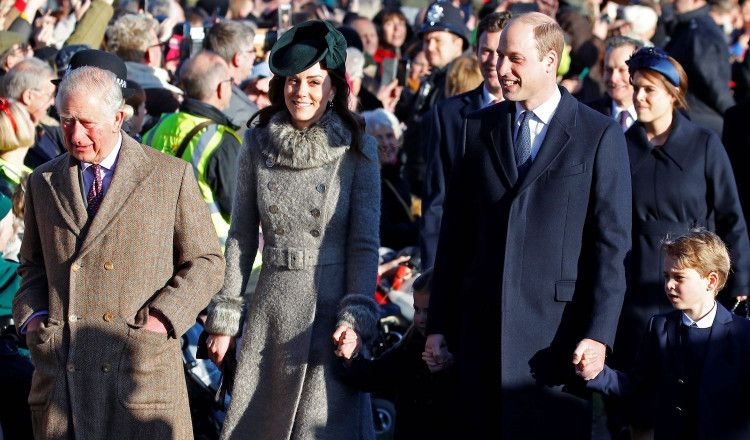In the wake of King Charles III's cancer diagnosis, the British royal family finds itself at a pivotal juncture, with Prince William rising to meet the challenges posed by his father's health crisis. The heir to the throne has been lauded for his seamless transition into a more prominent role within the monarchy, a development that has prompted discussions about the potential for an earlier-than-anticipated succession.
King Charles's health scare came to light following a surgical procedure for an enlarged prostate, after which further tests revealed the presence of cancer. This diagnosis led Buckingham Palace to issue a statement, indicating a pause in the King's public engagements to allow for treatment.
Despite this setback, King Charles's gratitude towards the public's support was palpable. "I would like to express my most heartfelt thanks for the many messages of support and good wishes I have received in recent days," he conveyed in a message that underscored the value of familial bonds and collective resilience in the face of adversity.
The prospect of Prince William assuming the throne has gained traction amidst these developments, particularly as King Charles contemplates the implications of his health on his reign. Queen Camilla, too, has reportedly voiced her support for a transition, envisioning a retirement free from the exhaustive demands of royal duties. "She's urged him to let it go and enjoy their golden years," shared an insider, highlighting the internal discussions about the monarchy's future.
Prince William's response to the situation has been marked by a blend of dutifulness and empathy, traits that have not gone unnoticed by the King. "Charles is definitely impressed by how easily William has filled his shoes," revealed a source close to the royal family. This endorsement comes at a time when the Duke of Cambridge's responsibilities have broadened, covering various official engagements and representing the King in his absence.
The dialogue surrounding the potential abdication of King Charles in favor of Prince William is underpinned by a recognition of the latter's capabilities and the evolving needs of the monarchy. As the royal family navigates this period of uncertainty, the bond between father and son, and their shared commitment to the institution they serve, remains a focal point of strength and continuity.
With the monarchy at a crossroads, the coming months are likely to be defining for both King Charles and Prince William, as they collaboratively chart the course for the royal family's future amidst the challenges presented by the King's health.





